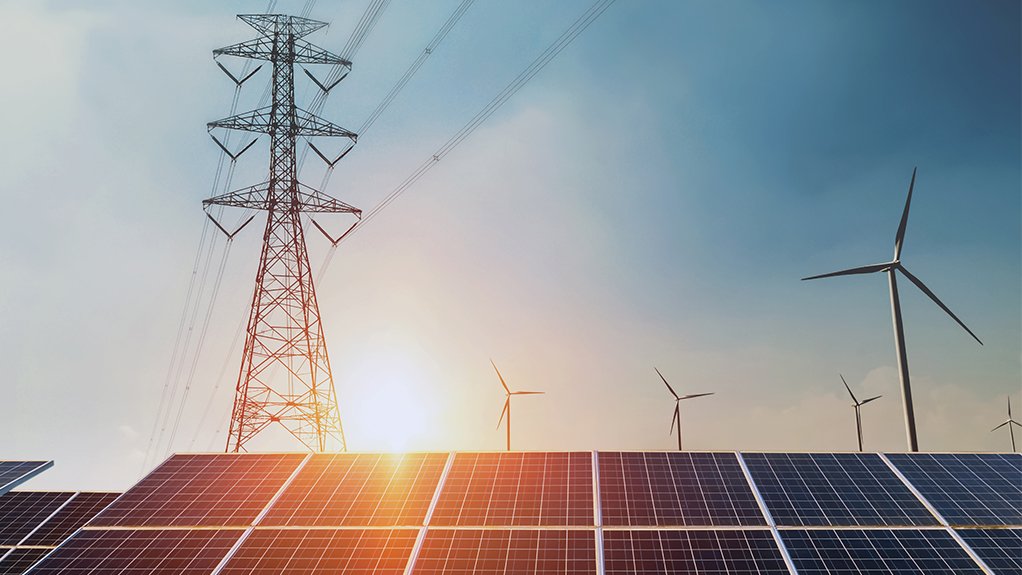The Medium Term Budget Policy Statement (MTBPS) for the next three years up to 2024/25 details how government is accelerating various structural reforms to promote growth, while keeping fiscal consolidation on course to narrow its budget deficit and stabilise debt.
Delivering the MTBPS on November 11, Finance Minister Enoch Godongwana said capital investment had been adversely affected by the national lockdowns, contributing to underspending.
Joint initiatives by the National Treasury, the Infrastructure Fund and Infrastructure South Africa are, however, aimed at improving the scale, speed, quality and efficiency of infrastructure spending.
This mainly involves creating a credible pipeline of projects, conducting project appraisal and technical analysis and attracting private-sector participation and financing.
Over the next three years, general government infrastructure investment is estimated at R500-billion. Government has also committed R100-billion over a decade from 2019/20 to the Infrastructure Fund to leverage private sector and development finance.
Operation Vulindlela, a joint initiative of The Presidency and National Treasury, oversees the implementation of critical reforms, which currently include diversifying energy generation to alleviate supply shortages and taking steps towards a competitive energy market.
For example, the procurement of additional electricity generation through Bid Window 5 of the Renewable Energy Independent Power Producer Procurement Programme is expected to add 6 800 MW of renewable energy to the grid in the medium term.
Government also intends on making broadband spectrum available to telecommunications service providers, with the auction process starting on March 1, 2022.
Moreover, third-party access to the freight rail network will open by the end of 2022, which should help address capacity constraints.
Government will roll out its e-Visa system to 15 countries from March 2022 to promote tourism and it is also reviewing the legal regime governing skilled migration.
The National Water Resources Infrastructure Agency is being established to improve bulk water resource management and the application process for issuing single-use water licences is being fast-tracked to meet a 90-day target by March 2022.
Godongwana said the realised economic growth from these structural reforms and initiatives would take time, and that it should not be perceived to have overnight spikes of economic growth in store.
The durability of the economic recovery in South Africa will depend on the implementation of a range of structural reforms that inspire confidence and create an enabling environment for accelerating and sustaining economic activity.
In the context of limited fiscal space, reforms that require little budgetary support – including regulatory reforms that enhance competition – are being prioritised.
EMAIL THIS ARTICLE SAVE THIS ARTICLE ARTICLE ENQUIRY
To subscribe email subscriptions@creamermedia.co.za or click here
To advertise email advertising@creamermedia.co.za or click here











